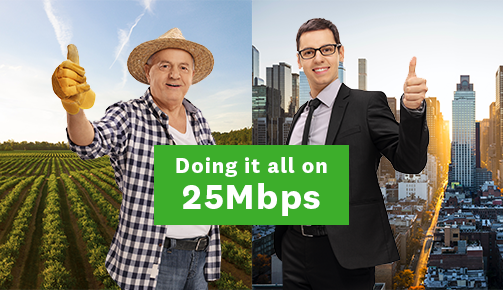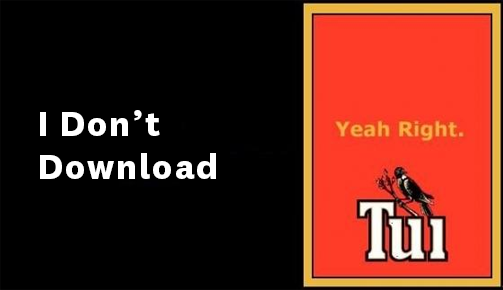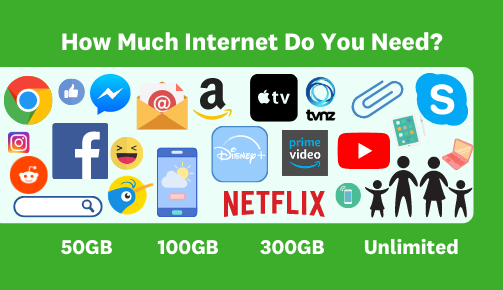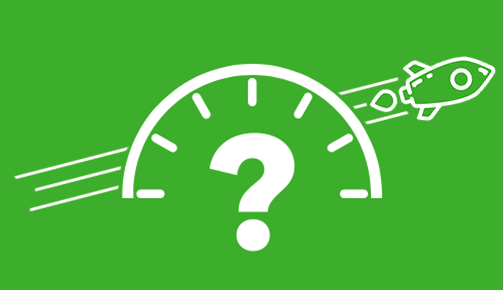Four Surprising Internet Myths that are Fooling Rural New Zealand
February 17th, 2021 | Rural Broadband by Gravity

Myth One: Rural Internet Speeds are Slow and Barely Useable
BUSTED: People living in rural New Zealand now have access to high speed internet
Most people, especially those in the cities, think they need far more internet speed than they actually do. The reality is that if you have a download speed of 25 Mbps, you have high-speed internet, and this is more than enough for most people -- even city slickers. The fact is rural Kiwis (as of 2020) actually do have access to 25 Mbps speeds – and thanks to Gravity's Rural Internet Plans you'll find it's more than enough for ordinary rural Kiwis.

Check out all the activities you can do with an internet speed of 25 Mbps
- 1 or 2 Mbps - Checking emails, browsing the web, using Facebook
- 5 - 3 Mbps - Standard YouTube and Netflix Streaming
- 5-7 Mbps - Stream HD Video or Movies (one device)
- 13 Mbps - Multiple Device Video Streaming
Myth Two: “I Don’t do Downloading”
BUSTED: If you’re on the internet, you’re downloading!
We sometimes hear people say, "I don't download". Yeah right. Everybody downloads. It’s how data gets to you. Downloading is the process of receiving data from the internet, which includes opening a web page, receiving an email, opening an email attachment, looking at photos, listening to music, watching video. It’s all downloading.

Sometimes you’ll also be uploading, which means what it says; it's sending data to the internet – things like emails, saving files to Dropbox and uploading photographs to Facebook or using your webcam for a Zoom.us call. Even something as simple as a google search - when you type in your search and hit "enter" that request is uploaded to the internet!
Think of it like this checking the weather online - this is a form of downloading and posting about the weather on Facebook is a form of uploading. They both use your data.
Myth Three: Unlimited Data is Better than Capped Data Plans
BUSTED: Well, sort of, but unlimited data definitely isn’t always better.
Data-capped broadband plans limits how much data you can download and upload within your plan. For example, if you have a 100GB internet plan, your internet will stop once you have used this much data. The good news is that capped plans are most often cheaper than an unlimited plan. However, the downside is that if you go over your limit for some reason, some ISPs may make you pay more. Penalties could include slowing your internet speeds, cutting off your data or making you pay penalty rates (could run into hundreds if not thousands of dollars). Unlike other ISPs, Gravity will never cut your internet off and will never charge you penalty fees.
The reality is, you may not need unlimited data if your internet usage is low. It simply may not be worth the extra cost. The best course of action is to rethink how much data you really need - or talk to the friendly team at Gravity!
Use the below as a guide for how much data you need for your internet plan:

- 50GB Plan – Internet browsing, Facebook, checking the weather and sending emails.
- 100GB Plan – Internet browsing, email and streaming Standard Definition Netflix (about 1-2 hours a night)
- 300GB Plan – Browse, email and binge Netflix in HD (about 3 hours a night)
- Unlimited Plan - Stream Netflix, watch YouTube, browse websites and email a large number of attachments, make Skype calls. Great for families with 4 or more people connected to the internet.
Myth Four: Speedtests tell you exactly how fast your connection is
BUSTED: Speedtest results can be misleading and are impacted by factors that might be inside or outside of your control.
It has become one of New Zealand’s favourite online activities - doing speedtests! When it feels like your internet connection is not as fast as you would like it, the first thing we do is head over to speedtest.net

When a speed test is run, it measures the max available speed at that time between the device that is running the speedtest and the speedtest server closest to your location. The way this works is that the speedtest tries to push a big file from your device up the line to the speedtest server and at the same time it also tries to pull a big file down the line from the speedtest server. When the virtual pushing and pulling is done, it calculates how long it took and there you have your speed result!
The problem with this process is that if there is a bottleneck up or down the line, the speedtest result will only show you the max speed of the bottleneck – not necessarily of the connection you think you’re measuring. Bottlenecks can occur at various places, for example the quality of the device is that is running the speedtest and also how well your local home WiFi is working.
The other misleading factor with this push/pull test, is what else is happening on your connection at that time. If your speedtest has to share the connection with others in your home (e.g. Netflix, Windows Updates, etc) then the time it takes to push/pull will be higher because it is competing with other services, resulting in a slower speedtest. Think of this as like trying to test the top speed of your car while driving in peak hour traffic.
The truth is, speedtests can be a great tool, but they are unable to understand where the slowest part of your connection is – which may or may not be the connection between your house and your ISP.
So, when running a speedtest, we suggest these steps:
1) Use the best computer you have and make sure it is doing nothing else
2) Plug your computer directly into the modem or router,
3) Turn the WiFi off or disconnect ALL other devices.
4) Run the speedtest.
In conclusion, now that you know more about the internet, you can explore internet plans more wisely – and avoid getting fooled. There's an old saying you might know, about cutting your coat to suit your cloth. It's the same for broadband. There's no need to buy more than you can use.